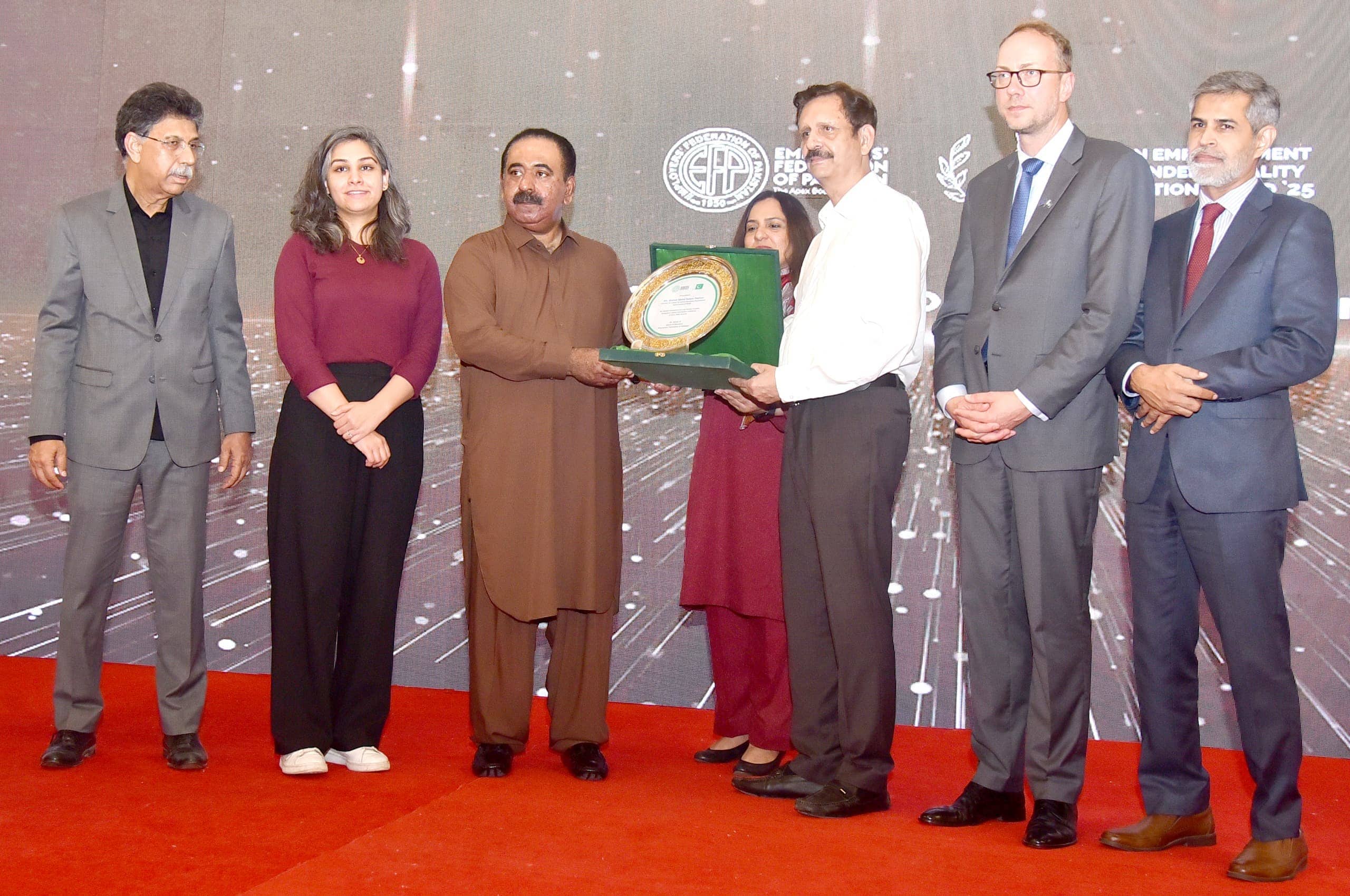The Employers’ Federation of Pakistan (EFP), in collaboration with GIZ, the International Labour Organization (ILO), and UNICEF, hosted a national forum and the fifth edition of the Women Empowerment and Gender Equality Awards at local Hotel.
The event brought together over 200 participants, including representatives from industry, government, and development organizations, all united in a shared commitment to accelerating gender parity in Pakistan’s workforce.
The event served a dual purpose: to raise awareness around gender equality in the workplace and to celebrate companies that are actively creating inclusive environments for women.
Organizations across various sectors were recognized for their efforts in embedding gender-sensitive practices into their operations.
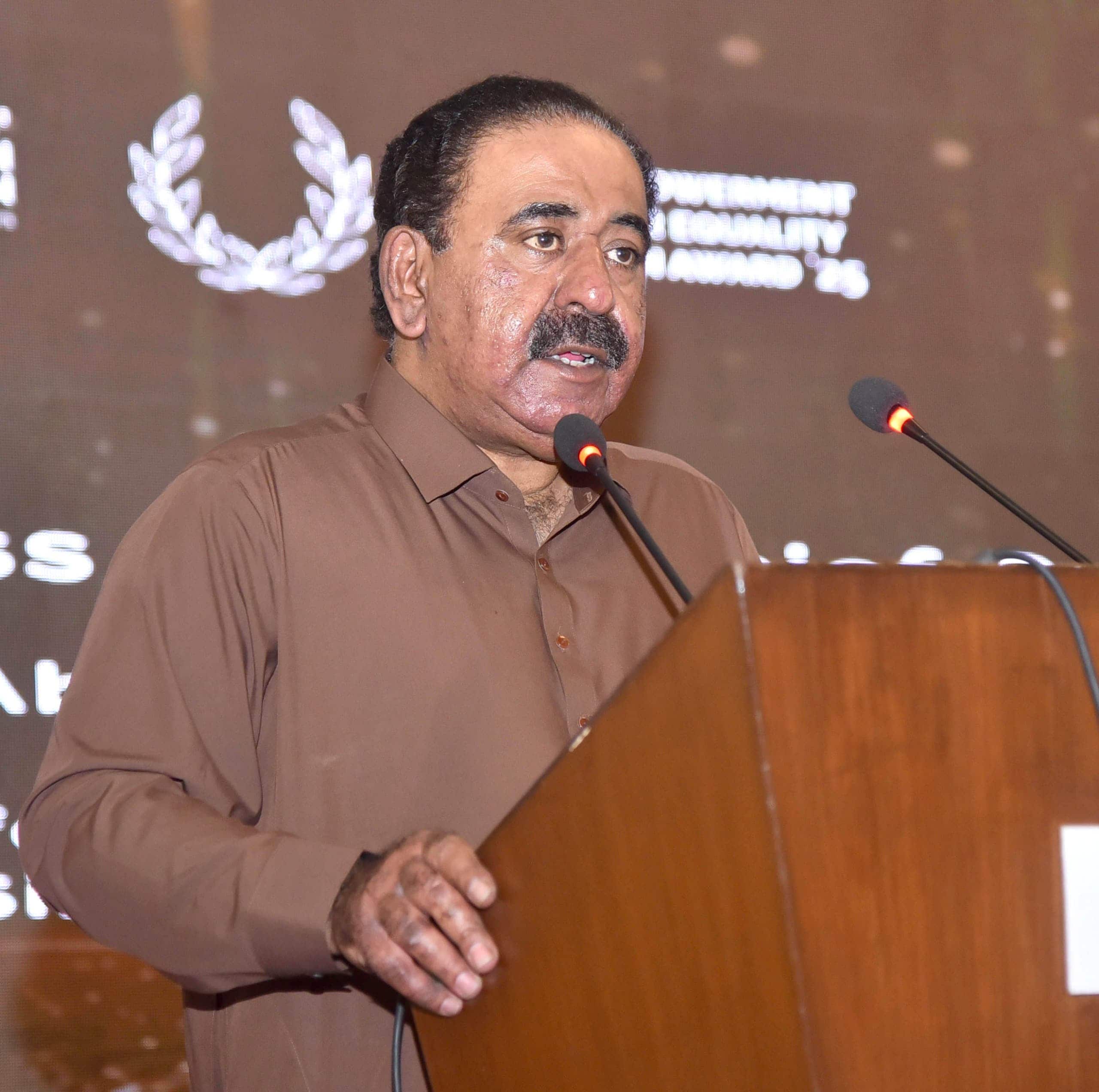
Speaking as the Chief Guest, Sindh Labour Minister Shahid Abdul Salam Thahim underscored the provincial government’s resolve to advance women’s participation in the economy.
He pointed to practical policy shifts—from gender-focused initiatives in education and public transport to comprehensive workplace reforms—as part of Sindh’s broader Gender Equality Policy.
The minister urged employers and industrial leaders to champion the cause, stating that “equal opportunities for women are not only a matter of social justice, but a strategic imperative for economic growth.
” Echoing these sentiments, ILO’s Country Director Gier Tonstol emphasized the role of collective action in dismantling structural barriers for women at work.
He highlighted the ILO’s partnership with EFP in promoting decent work standards and called for sustained advocacy around work-life balance, equitable wages, and skills development.
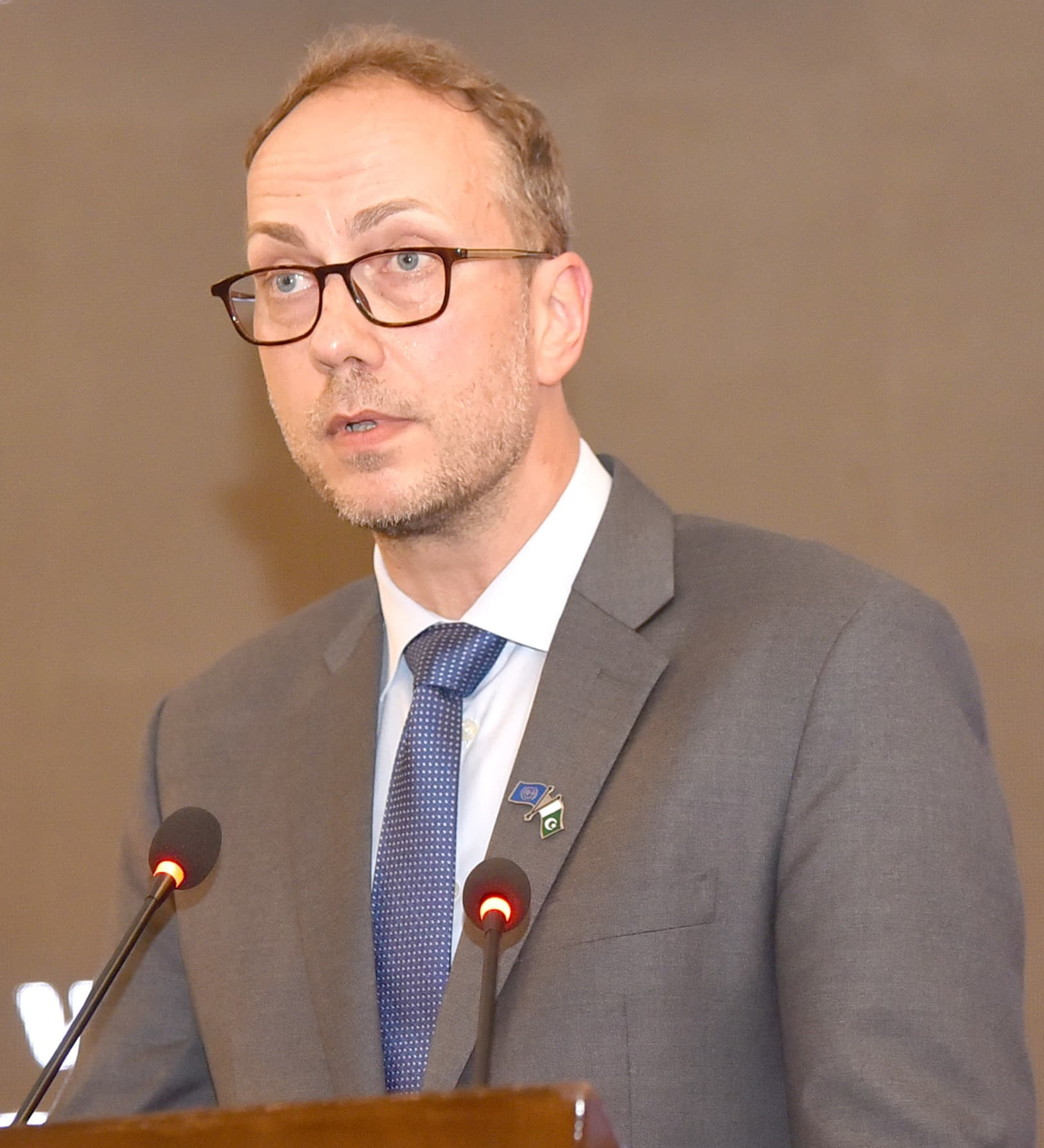

“Gender equality is central to achieving inclusive, sustainable workplaces,” he said.
In his opening address, EFP Vice President Muhammad Feroze Alam thanked supporting organizations and reiterated EFP’s commitment to gender equity.
He outlined the Federation’s ongoing initiatives such as Gender Equality Policy Guidelines and workplace training programs designed to foster inclusivity.
“This is about more than recognition; it’s about transforming workplaces into engines of inclusive growth,” he noted, applauding the award-winning companies for setting strong examples.
Sadaf Hatif, EFP Board Director and Convener of the Women Development Network, introduced a newly launched position paper focused on women’s employment in Pakistan’s textile sector.
The paper identifies three key areas—barriers to employment, recruitment and retention strategies, and career advancement opportunities—as essential to unlocking women’s economic potential.
The document is expected to guide future policy and workplace reforms.
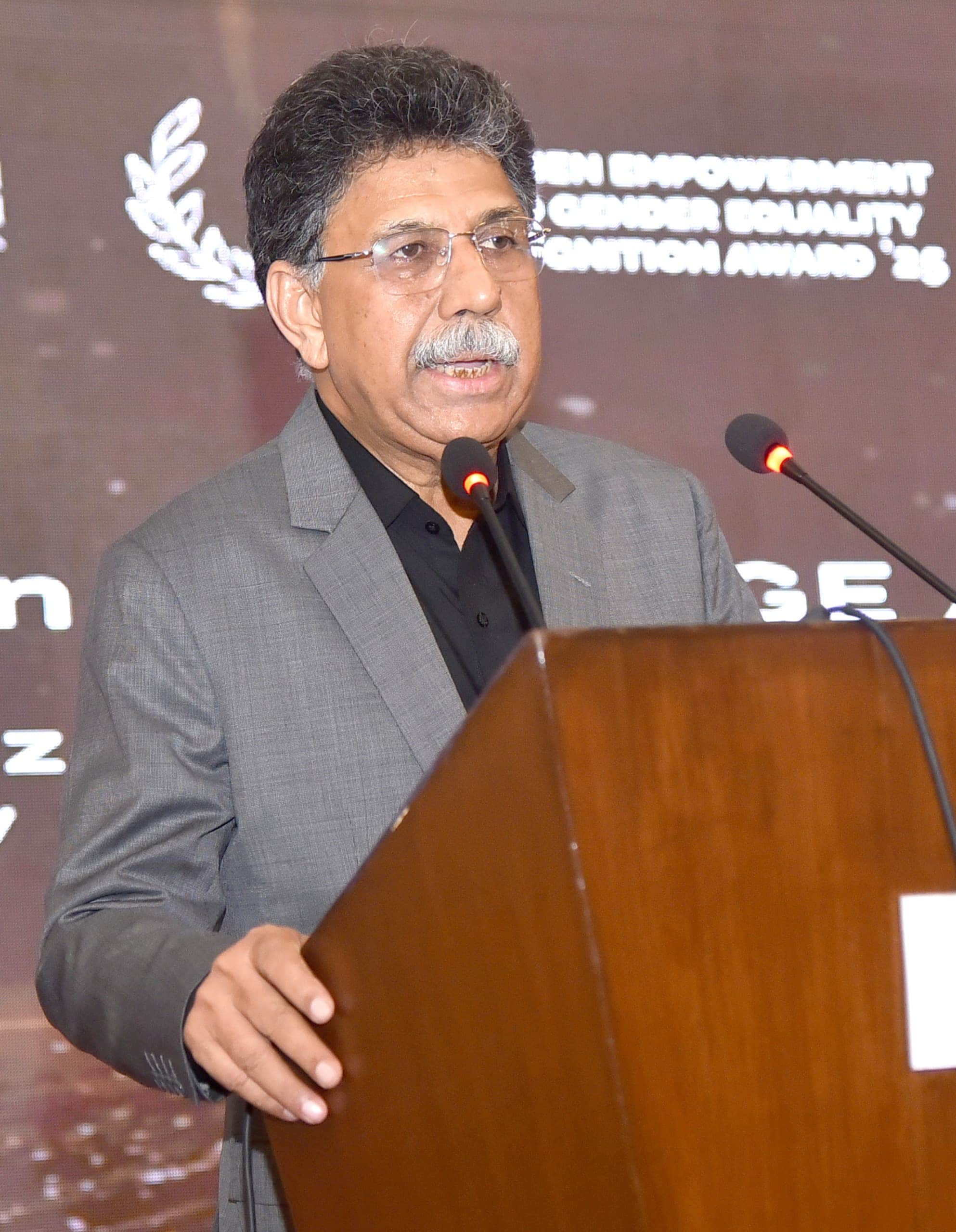

Saquiba Aziz, Component Manager at GIZ, reaffirmed GIZ’s commitment to creating gender-balanced workplaces.
She praised the growing alignment between public and private sector actors in promoting women’s leadership and acknowledged the EFP’s role in sustaining this momentum.
Highlighting on-the-ground corporate efforts, a series of presentations by female representatives from MGA Industries, Yunus Textile Mills, Nestle Pakistan, and H.
Nizamuddin & Sons demonstrated workplace strategies ranging from equitable pay practices to leadership development programs for women.
These showcases illustrated the tangible steps businesses are taking to embed gender inclusivity across operational levels.
A panel discussion featuring voices from civil society, corporate leadership, and government added depth to the conversation.
Panelists including Waheeda Mahesar of ZABTech, Umair Mumtaz of PRIMARK, Kiran Zubair from the Sindh Human Rights Department, and representatives from Nestle and KFC Pakistan explored the need for gender equality not just as a moral or social issue, but as a corporate compliance imperative.
The panel reached consensus on the importance of multisectoral collaboration to challenge systemic discrimination and unlock equal opportunities.
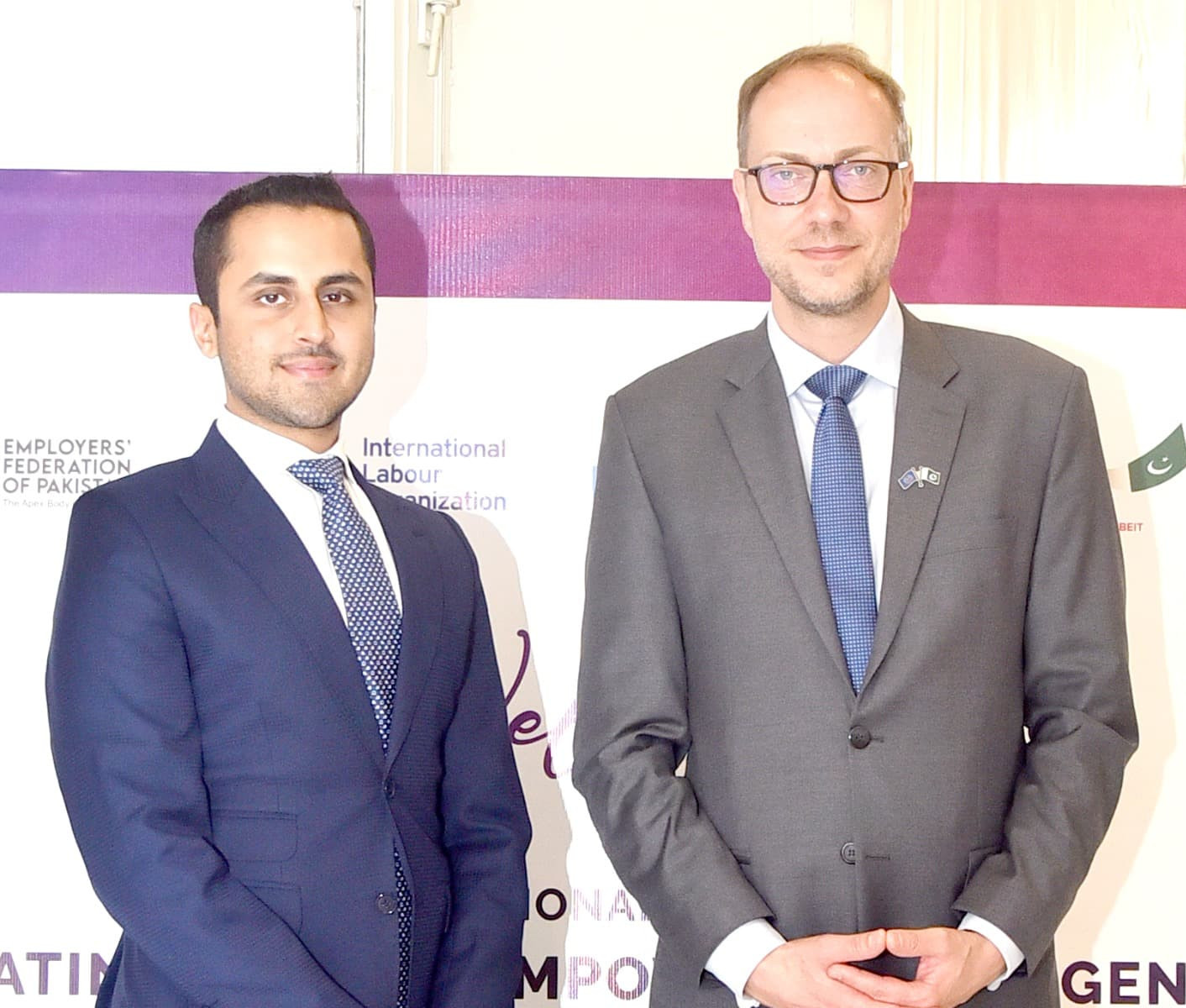

The awards ceremony honored 46 companies for their commitment to gender equality in the workplace.
Sixteen firms earned Diamond status, twenty received gold awards, and ten were honored with silver recognition.
These accolades, according to the organizers, were meant to not only celebrate current achievements but to inspire broader corporate accountability.
On the sidelines of the forum, ILO’s Gier Tonstol and Digital Head and Associate Editor Pakistan Observer Abdullah Gauhar Malik held discussions about the legal and structural reforms underway to support women in the labor force, including collaborative training programs driven by ILO and EFP.
The event concluded on a hopeful note, celebrating progress made and signaling a renewed collective commitment to building workplaces where women not only participate but lead and thrive.
As Pakistan grapples with the challenges of sustainable industrial growth, events like this forum offer a blueprint for making gender equality a foundational pillar of national development.


